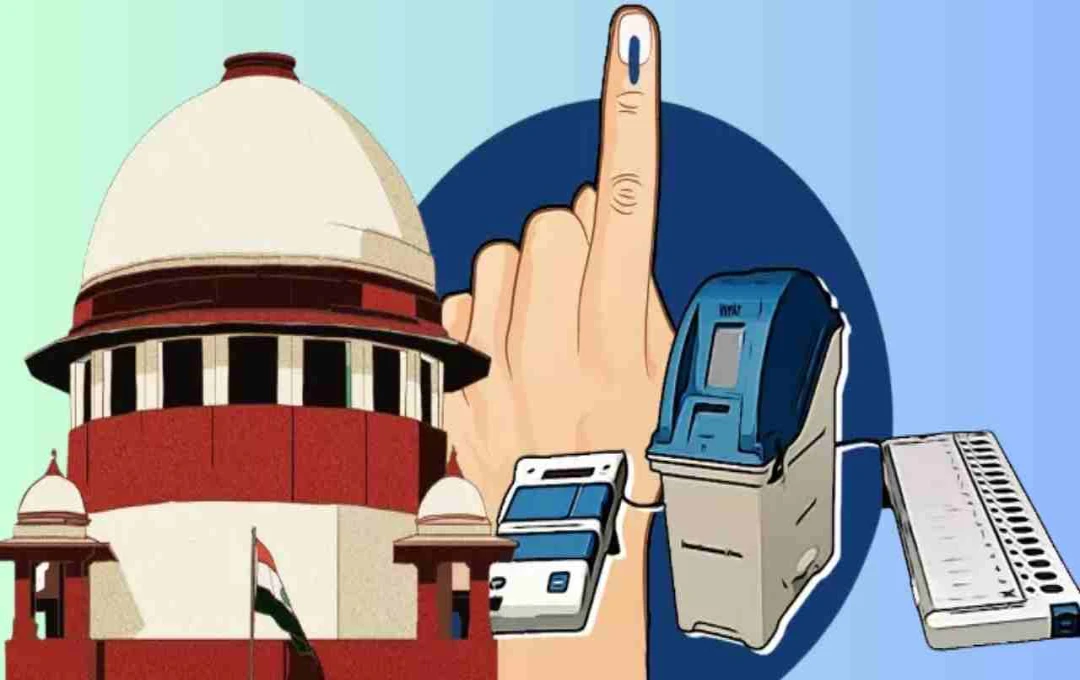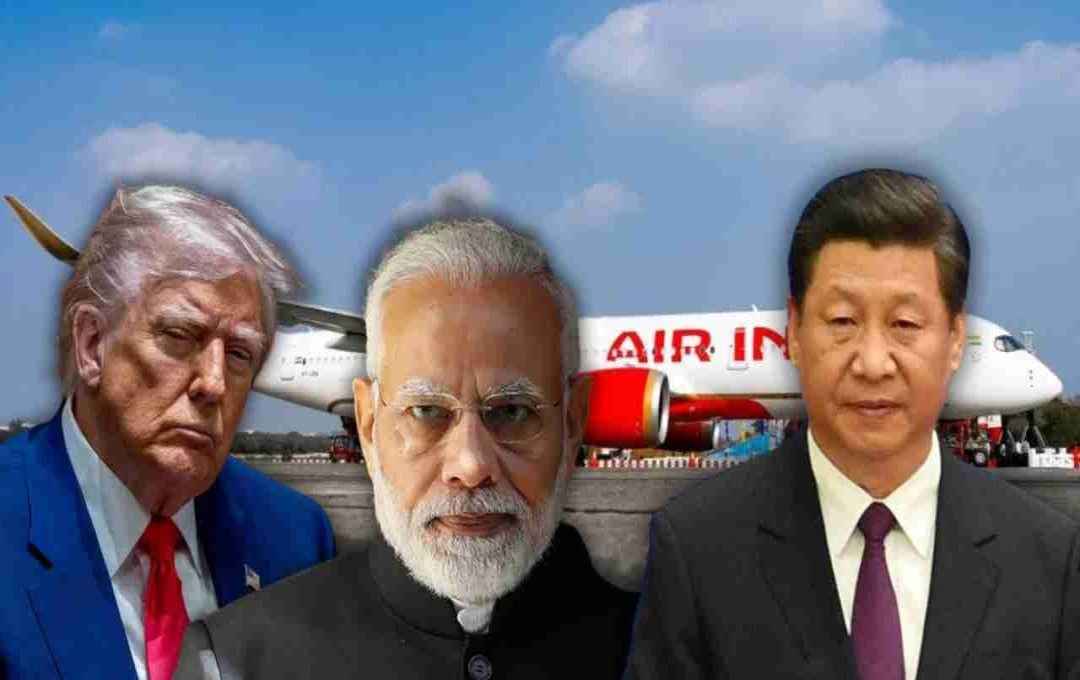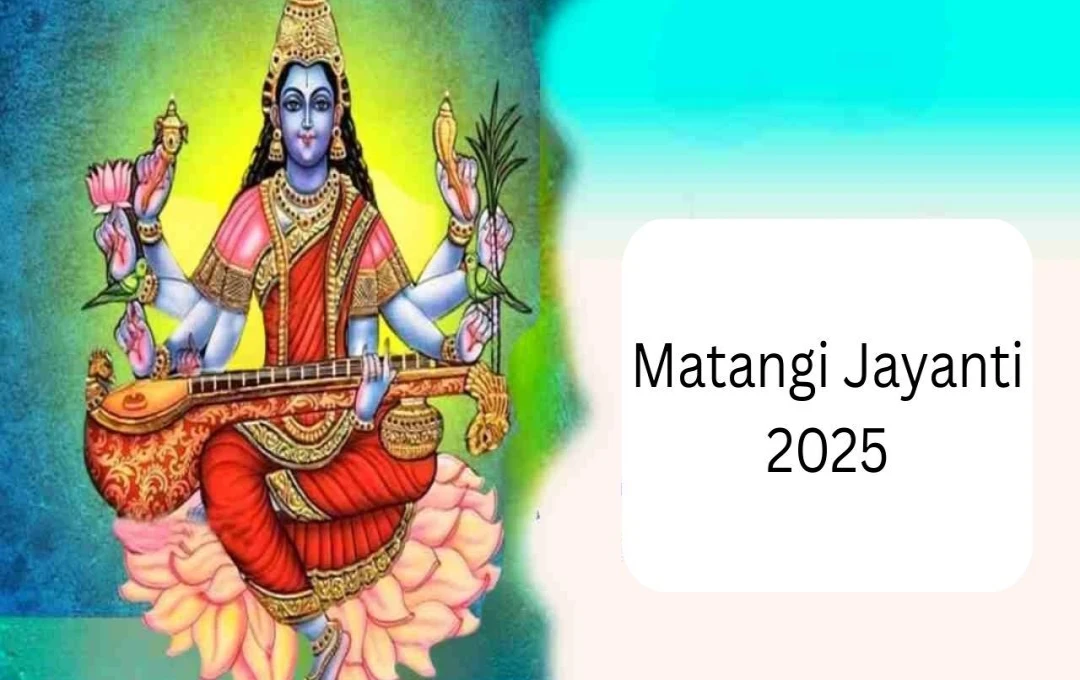The Supreme Court of India has directed the central government to formulate regulations mandating a minimum vote share for candidates elected unopposed. This observation was made during the court's hearing on the validity of Section 53(2) of the Representation of the People Act.
New Delhi: The Supreme Court has issued a significant directive to the central government, instructing it to establish regulations requiring candidates elected unopposed in elections to receive a minimum number of votes. This decision came during a hearing on the validity of Section 53(2) of the Representation of the People Act.
The court emphasized that candidates winning unopposed should secure a certain percentage of votes, not merely the seat, to ensure their victory reflects genuine public support.
What is Section 53(2) of the Representation of the People Act?
Section 53(2) of the Representation of the People Act pertains to the electoral process, specifically addressing unopposed elections. This section states that if the number of candidates contesting a seat equals the number of seats, the returning officer declares all candidates as winners. This implies that if only one candidate contests a constituency, they are declared the winner without any voting.
This provision raises concerns, particularly when a candidate wins unopposed. It fails to ascertain the extent of public support for the candidate, casting doubt on the electoral process. This is why the Supreme Court has directed the central government to consider this issue.
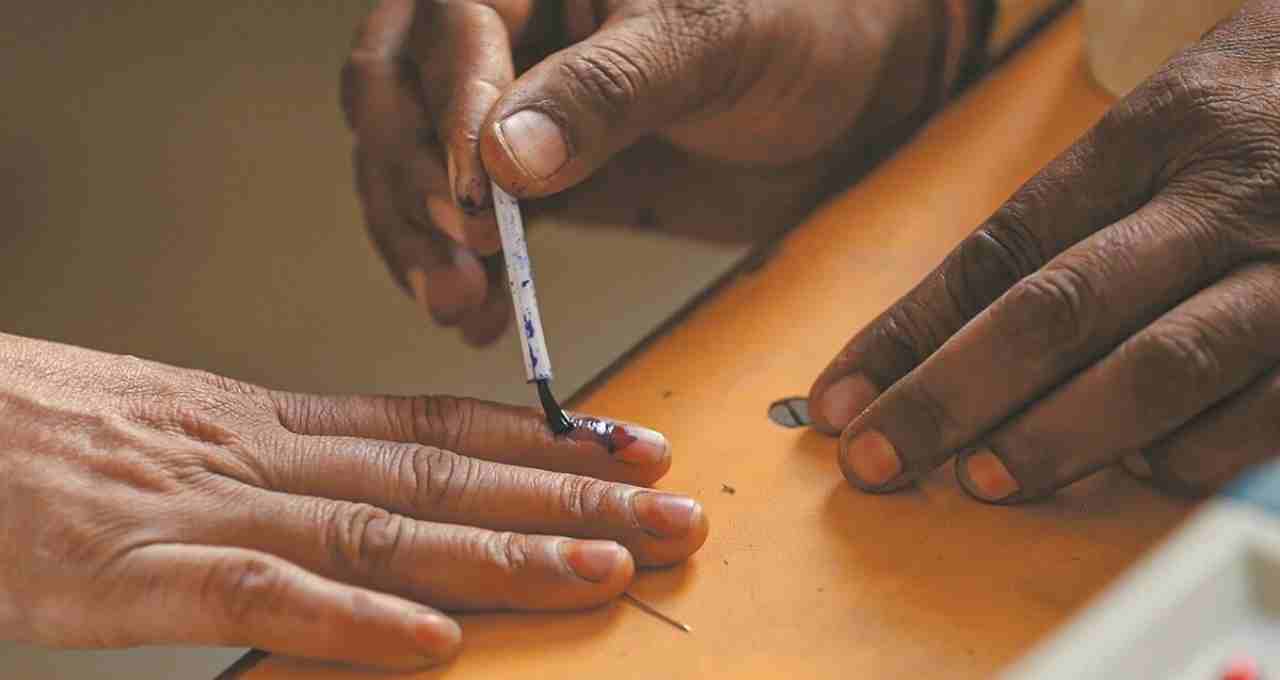
The Supreme Court's Decision
Considering this matter, the Supreme Court instructed the central government to create rules improving the electoral process, requiring candidates in unopposed elections to secure a minimum number of votes. The bench comprising Justices Surya Kant and N. Kotishwar Singh made this observation while hearing a case concerning Section 53(2) of the Representation of the People Act.
The court explicitly stated that candidates in unopposed elections should obtain a minimum percentage of votes to ensure their victory reflects genuine public support. The bench also suggested this could be a necessary reform in the electoral process, enhancing transparency and public confidence in unopposed election cases.
The court also considered the Election Commission's response, which indicated only nine instances of unopposed candidates winning in parliamentary elections. However, Arvind Datar, counsel for the petitioner, 'Vidhi Centre for Legal Policy,' argued that the number is higher in state assembly elections.
Why is this change necessary?
Questions have always been raised about the possibility of candidates winning unopposed without public support. When a candidate wins unopposed without any competition, it indicates a lack of public support and participation in the democratic process for the elected representative. In such cases, it is unclear whether the candidate truly represents the electorate's preference.
Even in local elections, where opposition is weak or the number of candidates is limited, candidates often win unopposed. This situation could contradict the fundamental principles of democracy, as public participation is essential in a genuine electoral process. Therefore, the Supreme Court's directive is significant, as it will enhance transparency in the electoral process and ensure that candidates are declared winners based on public opinion, not merely the number of seats.
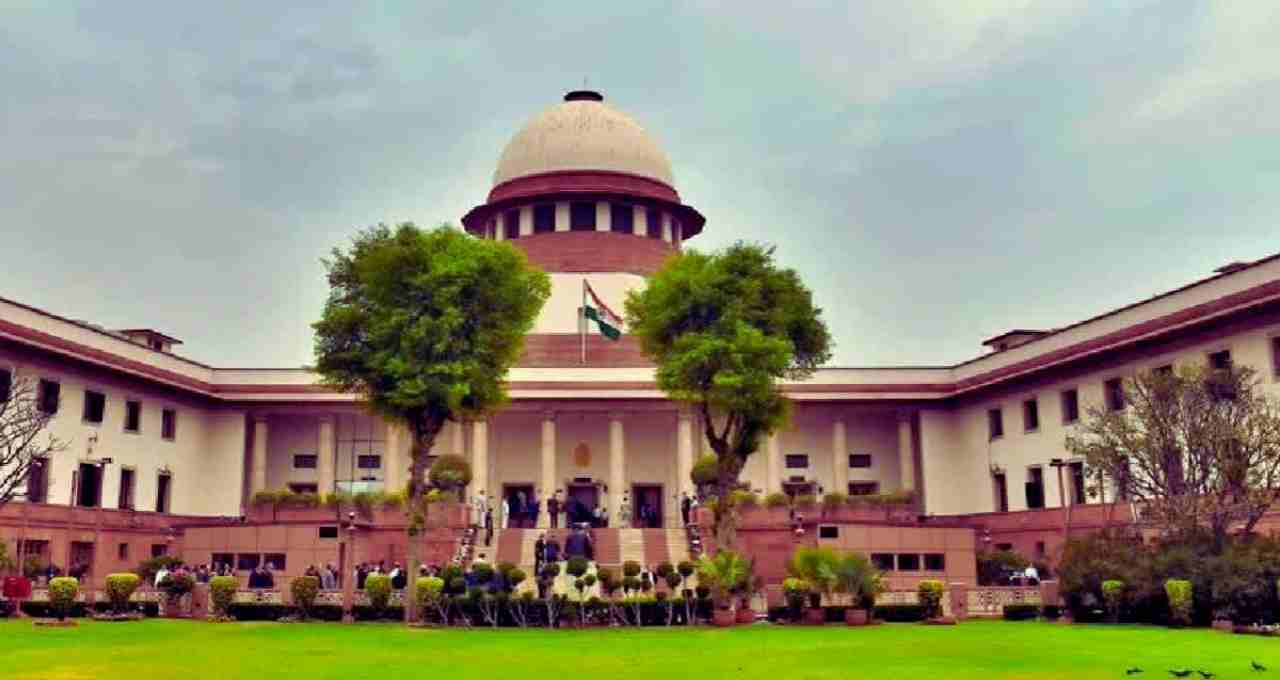
What impact will it have?
If the central government implements new rules as per the Supreme Court's directives, it signifies a major change in the electoral process. This will increase fairness and transparency in elections, strengthening public confidence in the electoral system. Furthermore, it will give unopposed candidates an opportunity to ensure their support is genuine and reflects a significant portion of the public.
Moreover, it will also challenge candidates who fail to create opposition in their favor during the electoral process. It will convey the message that genuine contest and competition are necessary in politics, and even unopposed victories require public support.
